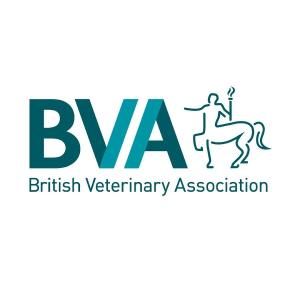Antimicrobial Resistance / Prudent Use of Antibiotics
Catalog of articles, resources, tools and links to information on Antimicrobial Resistance (AMR) and Prudent Use of Antibiotics (PUA). Includes resources being developed by the IPFD Student 2017.
 Donate
Donate

